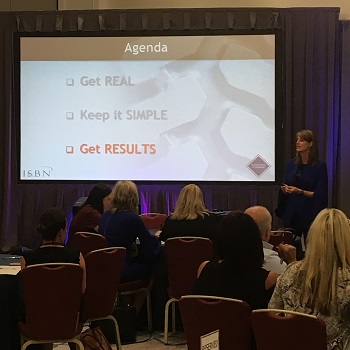Could, would, should. They’re different and we often co-mingle them or treat them the same.
In terms of working with clients, trying new experiences, and learning new things, asking the right question will offer improved results:
Could we? Yes, is almost always the answer. It doesn’t consider the down sides of saying yes.
Would we? Now we must become more discerning. Why would you? Why wouldn’t you? Considering the impact on you, those around you, and on your business processes is essential to answer more thoughtfully to decide what’s best overall.
Should we? This is where we align and give it a yes or no and back our answer with a narrative for the greater good, not just the bottom line. It requires that we be honest in a way that considers short and long term, everyone involved, and the desired results.
Now apply the same reasoning to yourself regarding your highest and best use. When doing so, you will most certainly confront the intersection of your passion and skills as a leader and teammate.
Could you? Likely yes, you’re a leader. You’ve “made it happen” over and over. You roll up your sleeves and do the hard things when necessary.
Would you? Likely you’ve speed bumped right past this question and have wrapped it into the first question, because if you could = you would. So, you don’t really slow down to ask; you treat them as one and the same.
Should you? This is where good leaders are separated from great leaders. Often, we don’t like the answer (no), because there are consequences we’ve convinced ourselves are too great. (Often, they’re not). Your over competence stifles the learning and your team by “protecting” us from the consequences. Over time, it costs much more to you, your team, and your company.
Could doesn’t mean should.
